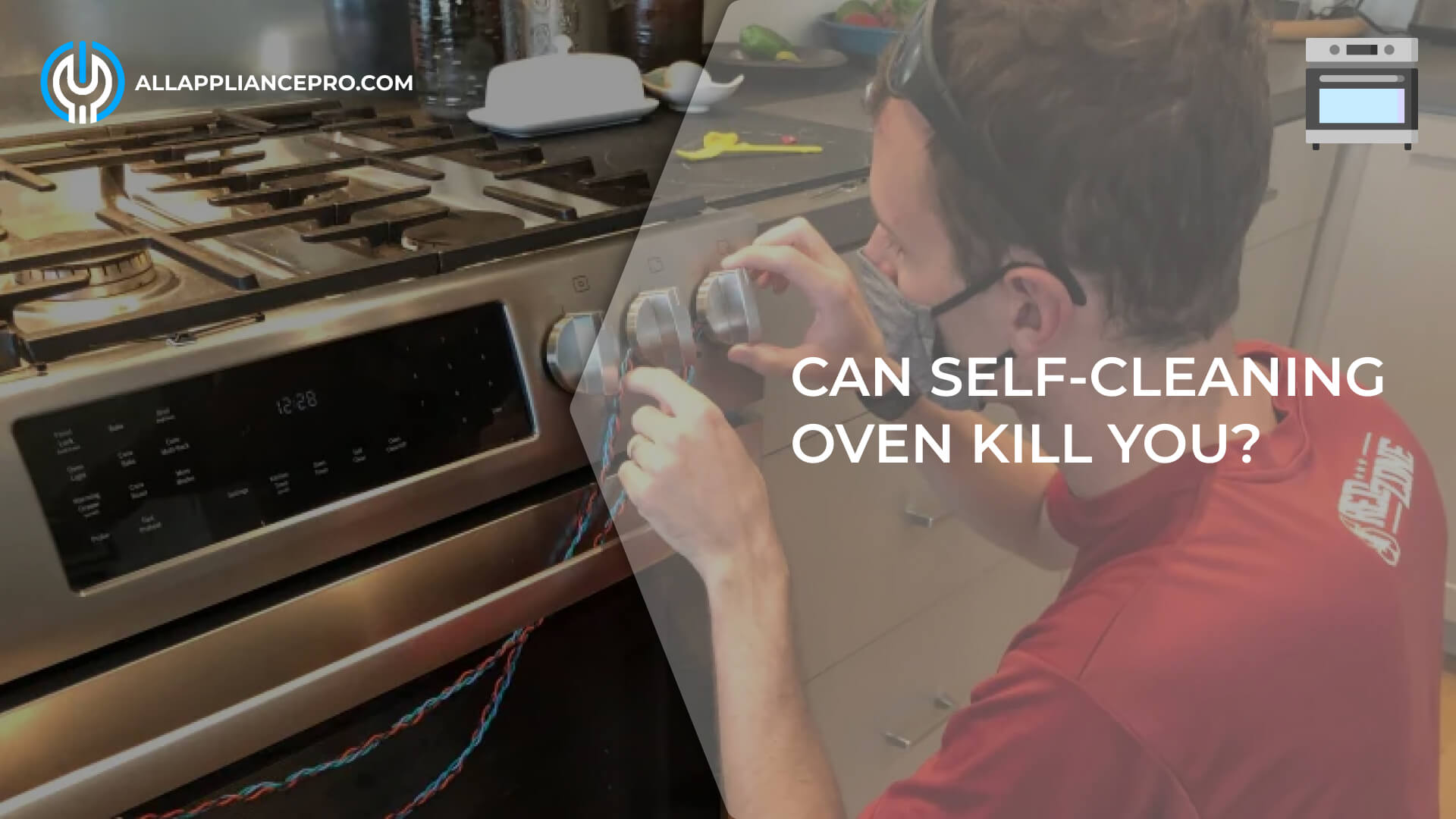Can Self-Cleaning Ovens Pose Health Risks?

Self-cleaning ovens have become a popular feature in modern kitchens, as they offer convenience and efficiency in maintaining a clean oven interior. The self-cleaning function uses high temperatures to burn off food residue and spills, converting them into ash that can be easily wiped away. However, in recent years, concerns have been raised about the potential health risks associated with using this feature. Can self-cleaning ovens really be hazardous to our health? In this article, we will delve into the safety aspects of self-cleaning ovens, debunking myths, and providing essential tips to ensure their safe operation.
The Self-Cleaning Mechanism
Self-cleaning ovens are designed to reach extremely high temperatures, typically between 800 to 900 degrees Fahrenheit (427 to 482 degrees Celsius). During the self-cleaning cycle, the oven locks its door and activates the internal heating elements, which incinerate food residues and grease into a fine ash. The process usually lasts for several hours, after which the oven cools down, and the ashes can be easily wiped away, leaving behind a clean interior.
Debunking the "Self-Cleaning Ovens Emit Toxic Fumes" Myth
One of the most common myths surrounding self-cleaning ovens is the belief that they emit toxic fumes during the cleaning cycle, posing a risk to occupants' health. While it is true that the self-cleaning process generates heat and smoke, modern self-cleaning ovens are designed with safety in mind. They are well-insulated to prevent excessive heat from escaping and use advanced ventilation systems to channel any fumes outside the kitchen.
The high temperatures reached during self-cleaning can cause some grease or food particles to vaporize, but the emissions are not considered harmful under normal circumstances. However, it is essential to maintain proper ventilation in the kitchen during the self-cleaning process, as some people may be sensitive to the residual odors or smoke. Opening windows or turning on the exhaust fan can help disperse any potential fumes.
Carbon Monoxide Concerns
Another safety concern associated with self-cleaning ovens is the potential production of carbon monoxide (CO) gas. Carbon monoxide is a colorless, odorless gas that can be harmful when inhaled in large quantities. However, self-cleaning ovens are not known to produce significant amounts of carbon monoxide.
The primary source of carbon monoxide in homes is usually gas appliances, such as stoves or water heaters, that are not operating correctly or lack proper ventilation. As long as your self-cleaning oven is well-maintained and the ventilation in your kitchen is adequate, there should be minimal risk of carbon monoxide exposure.
Precautions and Safety Tips
While self-cleaning ovens are generally safe to use, it's essential to follow some precautions to ensure their safe operation and reduce potential risks:
1.Proper Ventilation: As mentioned earlier, ensure your kitchen is well-ventilated during the self-cleaning cycle. Opening windows and using exhaust fans can help dissipate any odors or smoke.
2.Remove Excess Debris: Before activating the self-cleaning function, manually remove large food debris and spills from the oven to minimize smoke and odors during the cleaning process.
3.Avoid Harsh Chemicals: Refrain from using harsh chemicals or cleaning agents in the oven while using the self-cleaning feature, as they may react with the extreme heat and produce harmful fumes.
4.Monitor Children and Pets: Keep a close eye on children and pets while the oven is in the self-cleaning mode. The exterior of the oven can become hot, and the locked door might pique their curiosity.
5.Schedule Cleaning When You're Present: Start the self-cleaning cycle when you're at home, so you can address any unexpected issues promptly.
Conclusion
In conclusion, the fear of self-cleaning ovens being hazardous to our health is largely unfounded. These appliances are designed with safety features to minimize risks during the high-temperature cleaning process. The myths about toxic fumes and excessive carbon monoxide production are not supported by scientific evidence.
When used correctly and with basic safety precautions in mind, self-cleaning ovens offer an effective and convenient way to maintain a clean cooking environment. However, it's always essential to read and follow the manufacturer's instructions and safety guidelines to ensure trouble-free operation and peace of mind.
So, rest assured, your self-cleaning oven is more likely to be your trusty kitchen companion than a dangerous hazard. Enjoy the convenience and efficiency it brings to your cooking routine while maintaining a safe and clean kitchen environment for you and your loved ones.


